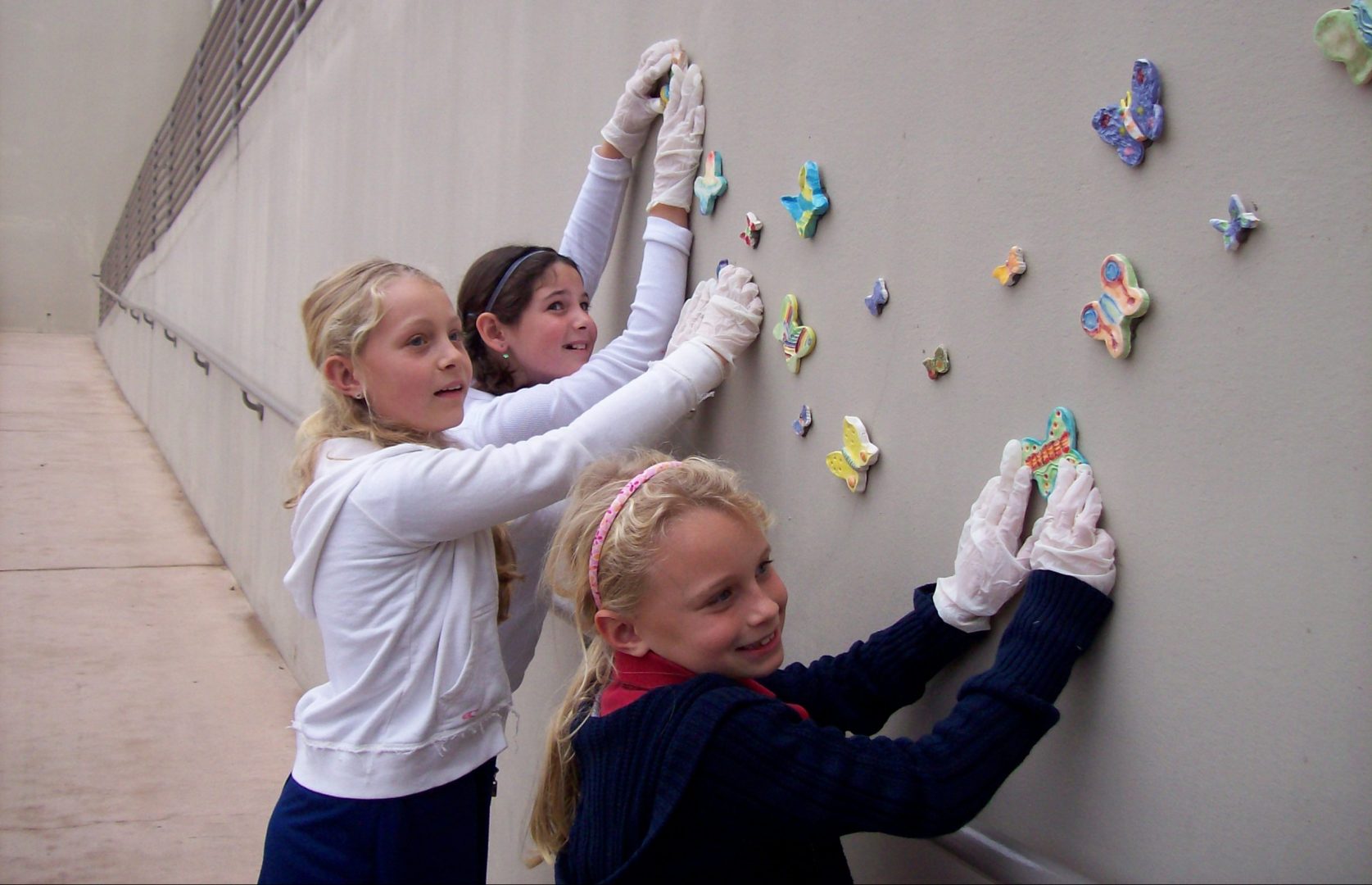The Butterfly Project brings to classrooms age-appropriate lessons and activities about the Holocaust that teach the dangers of hatred, bigotry and indifference in today’s world. Designed to cultivate empathy and teach social responsibility, our programing enables students of all backgrounds to identify personally with those who lived during one of the darkest times in human history, and in doing so, gain a profound understanding of how prejudice, racism, bullying and stereotyping can lead to systemic injustices over time. Our programming uses real-life stories from the Holocaust to demonstrate the power of how one person can make a difference.
Broward County School District, Florida. District-wide programming with 90 sixth grade art classrooms, interdisciplinary art lessons aligned with social studies and English and prioritizing by the Equity and Diversity department.
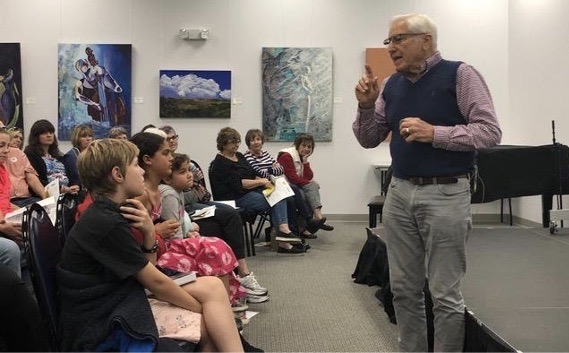
Age-Appropriate Historical Experiences
Through our interactive lessons, which include oral history, film, literature and hands-on art-making, students share a common educational experience that promotes collective responsibility and teaches kids to more effectively stand up to injustice, hatred and racism.
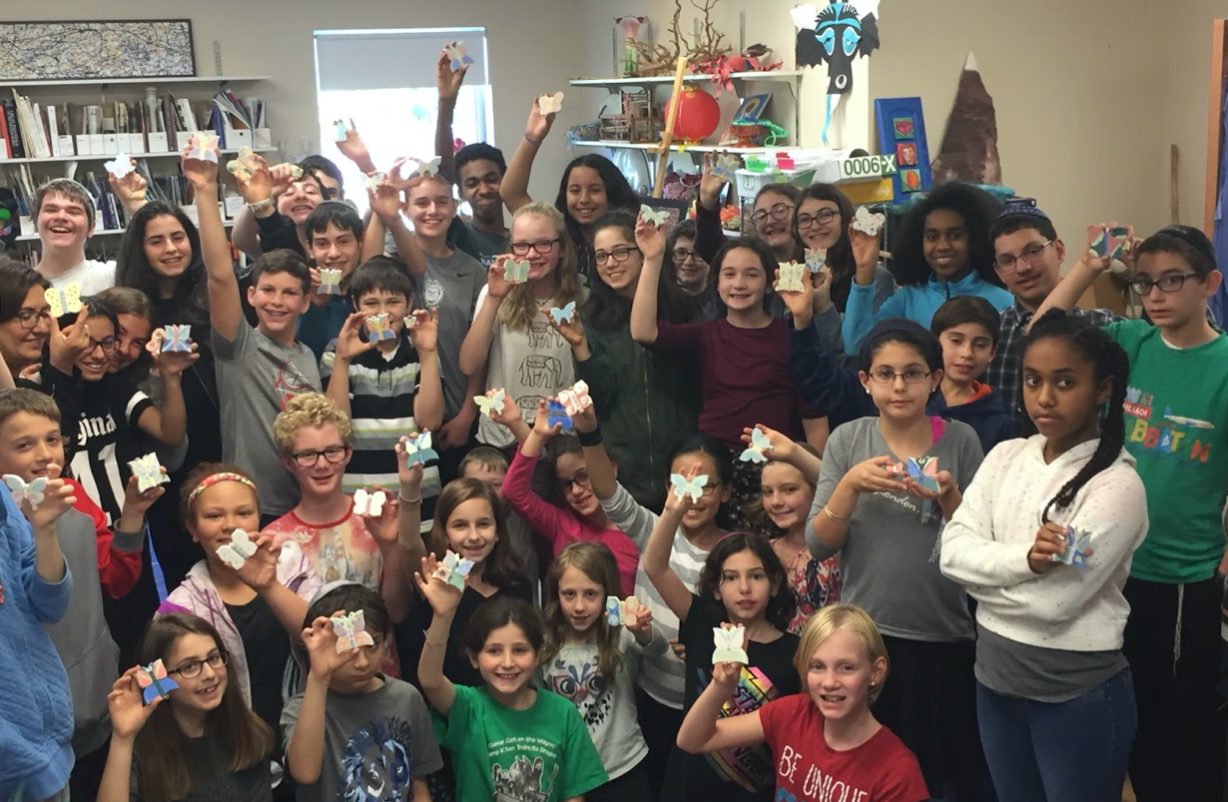
The Power of Each Painted Butterfly
Each student has the chance to make a personal connection to the child on their biography card as they paint their own personal butterfly in memory of that child.
The powerful symbolism of each painted butterfly then getting fired in a kiln to emerge renewed, glazed and shiny, ready for display is remarkably impactful for students and the larger school community.
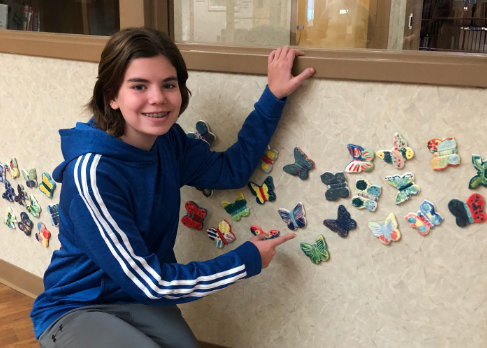
One-of-a-Kind Programming
Our powerful programming culminates with the creation of the installation on your campus. This dynamic work of art is created at your site to foster conversations about diversity, inclusion and justice today.
The art-making and displays are a tangible way to link the stories to be remembered, and serve as a visual reminder for the learner to be an empowered new voice for justice today.
The Butterfly Project programming is suitable
for public schools, private schools, religious schools, charter schools, and after-school programs.
Invite Our Education Team to Your Classroom for a Virtual Visit
The Butterfly Project’s Education Team is available to come to your 4th – 12th grade classroom virtually for a 45-75 minute presentation. Our lessons promote active listening skills that demonstrate the dangers of being a bystander and help cultivate empathy and social responsibility. Our presenters bring original source testimonies and rare artifacts as part of the program, with an emphasis on the power of each person to make a difference.
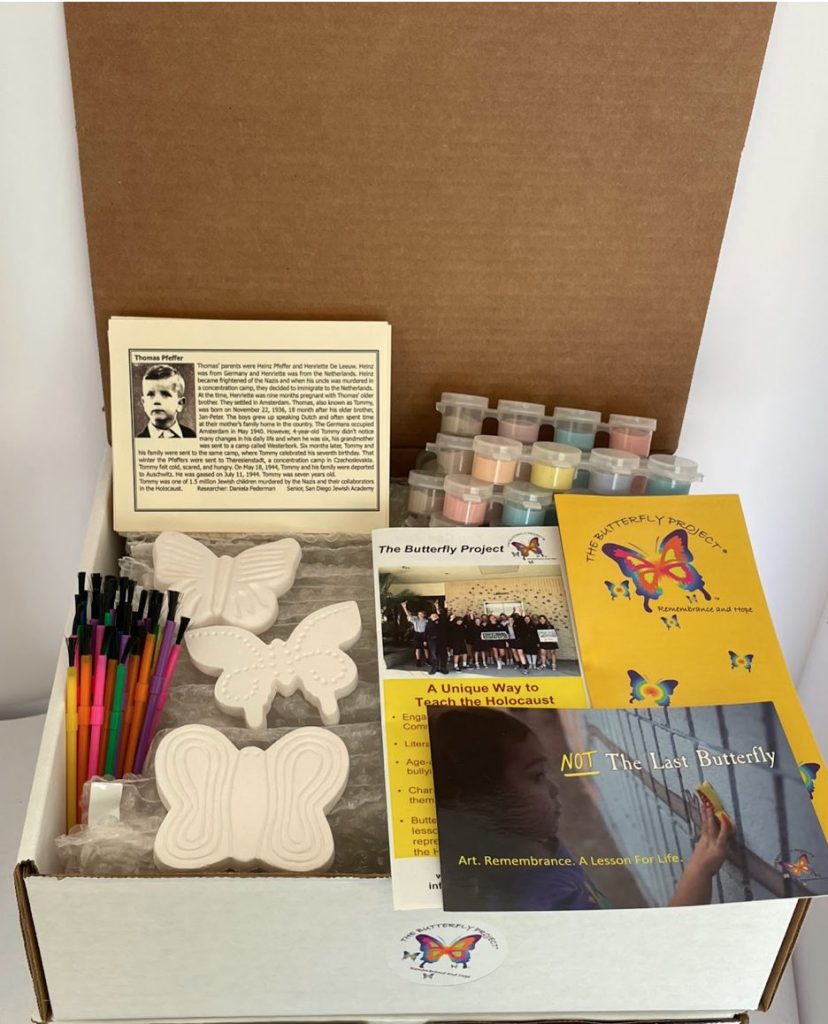
Getting Started
Bringing The Butterfly Project programming to your group or community is easy. Visit our order form to purchase our lessons and materials. Butterfly kits can be sold separately or in a package with the educational film and corresponding film lessons.
Scholarship Opportunities
We have a limited number of scholarships available for public schools, allowing your school to receive financial support for hands-on artistic materials and teacher training resources.
Eligible schools are recipients of interactive lessons, films and hands-on art materials that include can ceramic butterflies, biography cards of children who perished, underglazes and brushes. Educational presentations and materials are available, however, teachers can also use their own lessons with our program and forgo the training workshops if they have an educational plan in place.
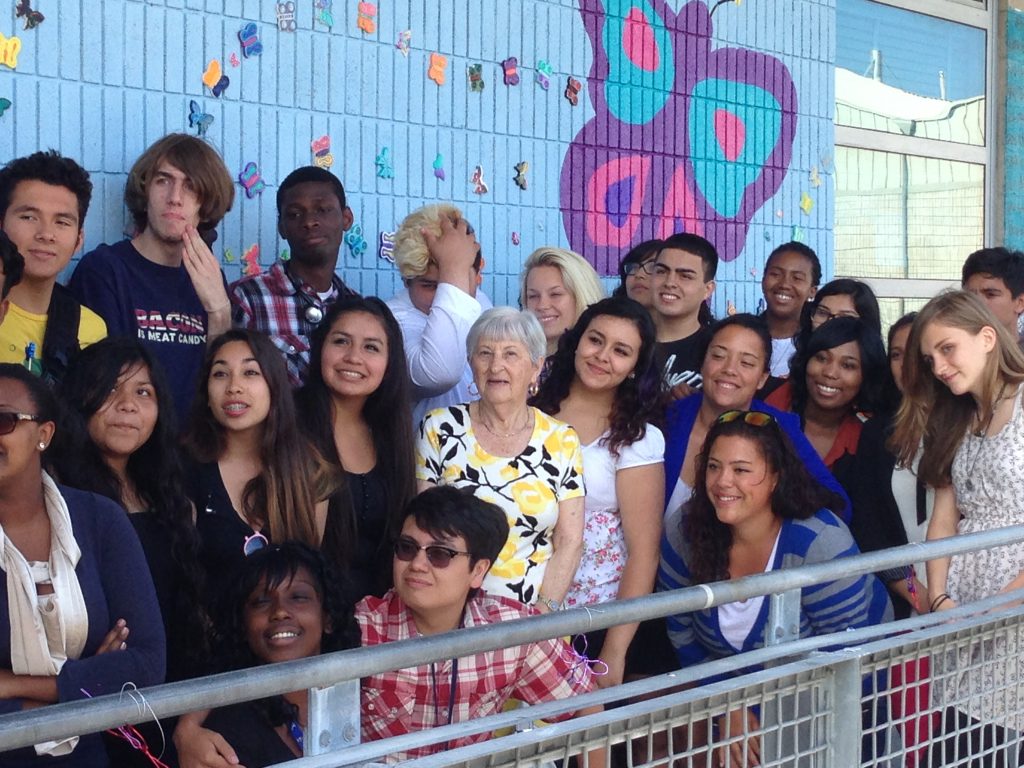
Educational Materials
Our programming provides teachers with a gentle yet profound way to bring hope and beauty to their students’ Holocaust education and help make these lessons from history relevant to today’s world.
The Butterfly Project’s programming includes the following lessons and activities:
Benefits of Bringing The Butterfly Project to Your Classroom
- Advances educators’ skills in delivering these crucial standards-based lessons of the Holocaust.
- Addresses the challenges of teaching about the Holocaust effectively by helping teachers set the right context and provide a safe teaching environment.
- Engages students in meaningful lessons about the Holocaust including hearing oral histories, exploring identity and creating a ceramic butterfly as part of a community art and memorial making effort.
- Helps students develop an understanding of this difficult chapter in history and connect the past to current events.
- Teaches students empathy, social responsibility, and the power of each person to become upstanders for justice.
